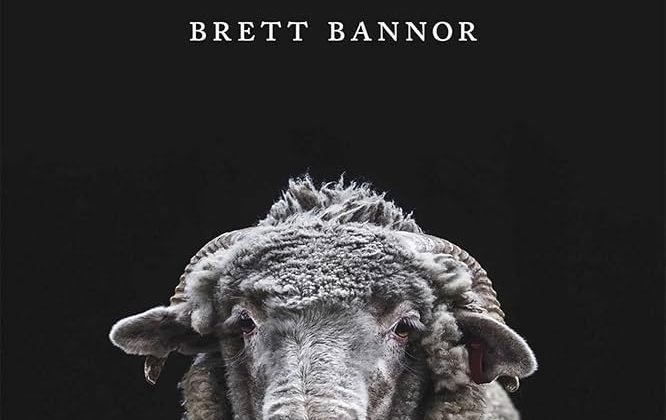

Brett Bannor is the manager of Animal Collections at the Atlanta History Center. This interview is based on his new book, American Sheep: A Cultural History (University of Georgia Press, 2024).
JF: What led you to write American Sheep?
BB: I learned from historian Richard Beeman’s book Our Lives, Our Fortunes, and Our Sacred Honor that in the Articles of Association, the First Continental Congress included a pledge to “use our utmost endeavors to improve the breed of sheep.” That led me to investigate further, and I learned that the founding generation was very concerned with ovine husbandry, with hundreds of references to sheep in the papers of Washington, Jefferson, and other statesmen of the era. Initially I considered a book strictly on sheep in the founding era, but as I researched further, I realized I wanted a book that told the story from colonial times to the present.
JF: In 2 sentences, what is the argument of American Sheep?
BB: The history of humans and sheep in the United States are intertwined in surprising ways. Tax policies, slavery, war, labor disputes, automobile construction, conservation, and even dog licensing have a connection to sheep that I hope I’ve described in an interesting and entertaining manner.
JF: Why do we need to read American Sheep?
BB: I’m uncomfortable with the word “need” used for something clearly optional. You don’t need to read my book. You need to eat, drink, breathe, urinate, and defecate. So do sheep. But sheep can’t read my book. So, if you read my book, you’ve proved you’re a human and not a sheep.
JF: Why and when did you become an American historian?
BB: In truth, I’m not an American historian! My background is in zoology. I’ve been taking care of animals at various zoos and museums for over forty years. But I’ve long had an interest in history, and when I saw how significant sheep were to the development of the United States, I wanted to research it thoroughly and share what I learned.
JF: What is your next project?
BB: I must go to the feed store to get more hay and straw for the Atlanta History Center’s sheep. A shepherd’s work is never done!
JF: Thanks, Brett!